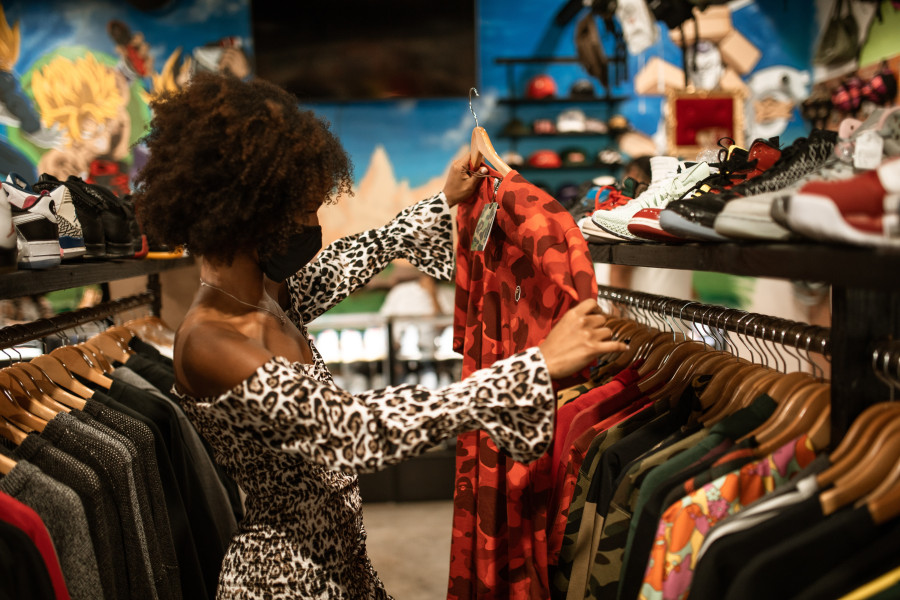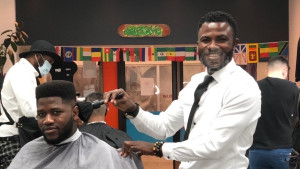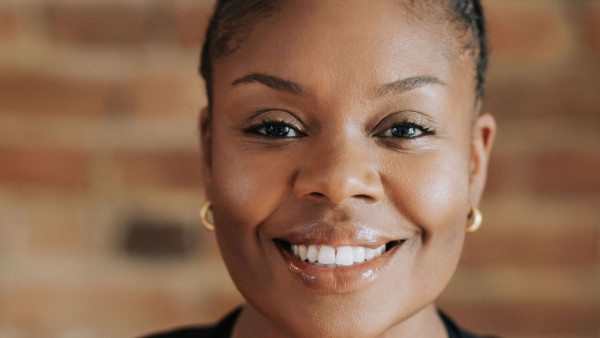But it would be a mistake to view the Black ecosystem only from the narrative of Black people as workers and producers for the Canadian economy. We are valuable as consumers, too, and a new study proves that.
The Modern Black Consumer in Canada by Moses Mawa of SilverTrust Media and John Stevenson from CulturaliQ is the first to examine the Black Canadian experience through the lens of market opportunity. The study sampled 500 Black Canadians (Black-identifying, Caribbean-Canadian, and African newcomers) to uncover surprising insights on how the third-largest visible minority group is underestimated in purchasing power. I spoke with John, and his study partner, Jason Harper, account director at Ethnicity Matters, a multicultural marketing insights firm. We talked about the growing influence of Black consumers and how it affects the overall ecosystem that involves Black employees, employers and institutions.
The first thing that jumps out when you hear about this study is that it is the first study in Canada to look specifically at Black consumers. John Stevenson has been fighting for this work in the Black community for years.
John: “I've tried as an agency to encourage corporate Canada to lean into the Black community. The Chevrolet story is relevant. That was one of the few times I could get a large brand to engage in marketing. At that point, we got involved with caravan events, and the reason was that the president at the time was Black. He was visiting from Detroit. He leaned into the community, and when he left, the initial interest faded over time, and it was hard to convince corporate Canada that there was a large opportunity.”
Clearly overlooked, both John and Jason acknowledge how different the Black community is.
John: “It's easy to identify the Chinese community. It's geographically clustered around Markham, and it's easy to identify. It's more homogeneous. The Chinese community is dense in population and geography, similar to the South Asian community. But the Black community is so dispersed geographically and obviously by origin.”
What they are talking about is the different factors in community networking. The Black community is not a singular community but a group of communities that come from homelands, oceans away from each other. So when a Ghanaian comes to Canada, they do not go to the whole Black community, as perhaps a Chinese immigrant would to the Chinese community. There is so much diversity among Black people, so we often live separately, eat at different restaurants and have different cultures. The outcome is an ecosystem of separate parts. The African community alone comprises 53 countries and 100+ languages. But there is one similarity between all Black people: the type of skin and hair care products we need.
One of the most critical findings in the study was that over one-third of respondents were unsatisfied with the offerings at retail stores. Through survey interviews, John and Jason saw an ample opportunity in providing quality hygiene, skin and hair care products to Black Canadians.
John: “There's an opportunity that's missed by corporate Canada, by the big retailers, to those products that meet the needs of the Black Canadian consumer. And the other door to that is the Black community is entrepreneurial. This is a place Black businesses can thrive.”
The most visible Black food scenes in Canada are from large immigrant groups. In Toronto alone, the number of people of Jamaican and Ethiopian origin leads to an amazing and vibrant food scene. But when we look at smaller Black groups, it is harder for them to find that demand for their niche cultural dishes. This is true even if Black people share many common spices and dishes. Just get into a conversation about Nigerian vs Ghanaian jollof rice, and you will see how small differences make big differences.
But the kink in our hair and the melanin in our skin is something we all share. Creating businesses around the most common trait that we all share builds community sustainability. The study's results show the collective struggle to find good hygiene products. Another common thread the study found was the anxiety of shopping while Black. Multiple respondents spoke about the fear of being followed around in stores and how it kept them from shopping. Statistics show that Black Canadians have a higher preference for online shopping; the authors assume it is to avoid the overt racism that happens to us all. But Jason was quick to point out the opportunity.
Jason: “There's been a rich tradition of community sharing and building businesses, but that's growing to group economics. Now members of the Black community are saying, ‘If I can't go into the store, I'll start my own. I'll collaborate with my friends and family,’ and that's the group economics and collective achievement model within our society.”
That is the dream: that the Black ecosystem can sustainably produce products and services that we ourselves consume. From there, we can build out as the opportunity for a Black ecosystem will only grow. By 2041 the Black community will be the second-largest minority community while continuing to grow.
Click here to view the full report.

 By
By 








